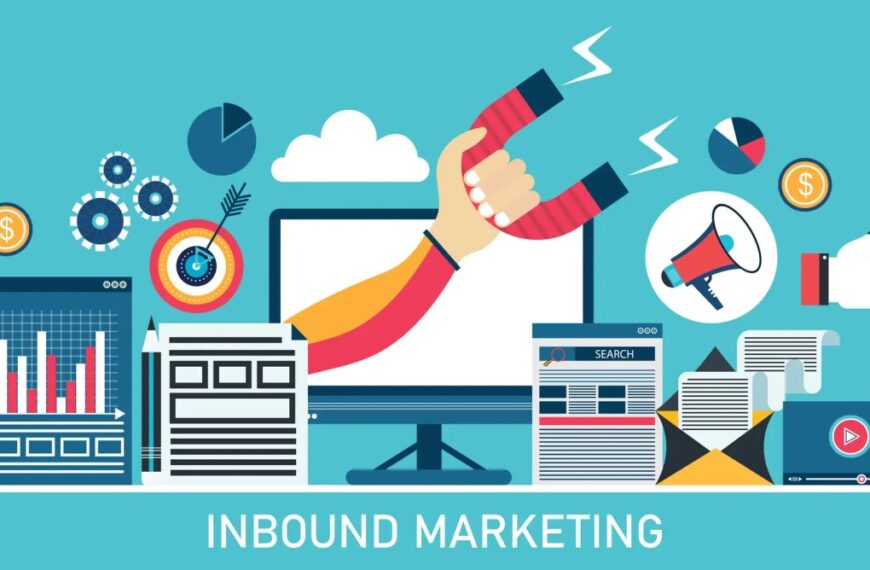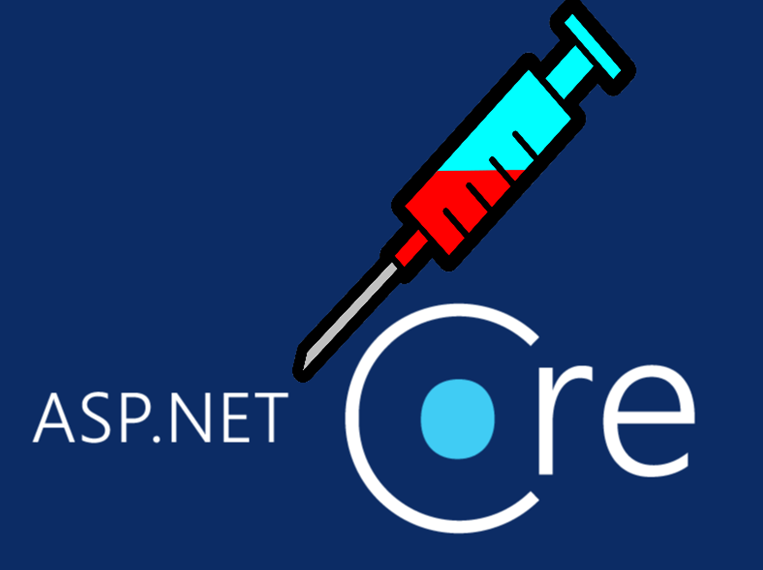Introduction
1. AI in Personalization: A Game-Changer for Customer Experience
Personalization has always been a key factor in creating successful marketing campaigns. But traditional methods of personalization are time-consuming and can be limited by human capabilities. AI changes all of this by enabling real-time personalization on a much larger scale.
AI uses data analytics to understand customer behavior, preferences, and buying patterns. Based on this data, businesses can tailor their content, emails, and advertisements to individual customers, providing them with personalized recommendations and offers.
For example, e-commerce giants like Amazon and Netflix already use AI-driven personalization to suggest products and shows based on individual browsing history and preferences. This kind of personalization improves customer engagement, loyalty, and conversion rates.
How AI Personalizes Customer Experience:
- Behavioral Analysis: AI can track and analyze a user’s actions on a website or app, such as clicks, time spent, and purchase history. It then uses this data to predict future behavior and offer relevant suggestions.
- Predictive Analytics: By analyzing data from multiple touchpoints, AI can predict what a customer is likely to do next, helping businesses send the right message at the right time.
- Dynamic Content Delivery: AI can dynamically alter website content, such as banners, product recommendations, and even pricing, based on the visitor’s profile.
2. AI-Driven Chatbots: Enhancing Customer Service and Engagement
Customer service is a crucial aspect of any business, and AI-powered chatbots are becoming a common feature on websites and social media platforms. These intelligent bots can answer customer queries, guide them through purchasing decisions, and provide 24/7 support.
AI chatbots use natural language processing (NLP) to understand and respond to customer inquiries in a conversational manner. They are not just limited to basic tasks but can also handle complex interactions, learning and improving over time.
Benefits of AI Chatbots:
- 24/7 Availability: AI chatbots can provide instant customer support at any time of day, improving customer satisfaction and reducing response times.
- Cost-Effective: With AI chatbots, businesses can reduce the need for a large customer service team, which can significantly cut operational costs.
- Improved Efficiency: AI chatbots can handle a wide range of customer queries simultaneously, ensuring quicker responses and more satisfied customers.
For instance, brands like H&M and Sephora have integrated AI chatbots to offer personalized styling tips and product recommendations to their customers.
3. AI and Content Creation: Revolutionizing How Brands Create Content
Content creation is one of the most time-consuming aspects of digital marketing. Writing blog posts, social media updates, and email campaigns require creativity and consistency. However, AI is now making content creation more efficient and accessible.
AI tools like OpenAI’s GPT-3 and Jasper are now capable of generating high-quality content, from blog posts to social media captions. These tools can analyze existing content, understand the target audience, and create articles that are engaging and SEO-optimized.
How AI is Impacting Content Creation:
- Automating Routine Content: AI can automate the creation of basic content, such as product descriptions, reports, and summaries, saving marketers time.
- Optimizing SEO: AI tools can analyze keywords, competitor content, and search trends to optimize content for search engines, ensuring it ranks higher on Google.
- Personalizing Content: AI can help brands deliver highly personalized content by analyzing user preferences and generating content that resonates with individual customers.
Content platforms like Copy.ai and Writesonic are already making it easier for businesses to generate content on a large scale without compromising quality.
4. AI in Predictive Analytics: Making Data-Driven Decisions
Data is the backbone of digital marketing, but with the growing volume of data, it can be overwhelming to make sense of it all. This is where AI steps in. By using machine learning algorithms, AI can analyze massive datasets and predict future trends, allowing businesses to make data-driven decisions with greater accuracy.
AI’s predictive capabilities enable businesses to identify patterns in consumer behavior, anticipate market shifts, and adjust their marketing strategies accordingly. Predictive analytics can help with:
- Lead Scoring: AI can predict which leads are more likely to convert based on historical data and buyer behavior.
- Sales Forecasting: AI can analyze past sales data and current trends to predict future sales, helping businesses plan inventory and marketing efforts.
- Campaign Optimization: AI can predict which marketing campaigns will be most effective, allowing businesses to allocate their budget more effectively.
This predictive power is especially useful in industries like retail, e-commerce, and finance, where understanding customer behavior is crucial for success.
5. AI in Social Media Marketing: Smart Ad Targeting and Campaign Optimization
Social media platforms are a goldmine for businesses looking to target their ideal audience, but running successful ad campaigns can be challenging. AI helps businesses optimize their social media ads by analyzing user behavior and engagement data, allowing for precise targeting.
AI tools can analyze users’ social media activity, including posts, likes, shares, and comments, to determine which ads are most likely to resonate with them. This results in highly targeted ad campaigns that drive better results and maximize ROI.
AI in Social Media Marketing:
- Audience Segmentation: AI can segment your audience based on interests, behaviors, and demographics, ensuring that your ads reach the most relevant people.
- Automated Content Creation: AI can help create ads automatically based on the data it collects about the audience’s preferences and engagement patterns.
- Real-Time Analytics: AI can monitor the performance of your campaigns in real-time, adjusting bids, targeting, and creative elements to improve results.
Brands like Coca-Cola and Nike have already leveraged AI-driven social media strategies to boost their brand presence and engagement.
6. The Future of AI in Digital Marketing: What to Expect in 2025
AI is still in its early stages in many areas of digital marketing, but by 2025, we can expect even more advanced applications. We’re likely to see further automation in content creation, hyper-personalized marketing experiences, and even smarter chatbots.
In addition, AI-powered marketing platforms will become more accessible to businesses of all sizes. Small and medium-sized businesses (SMBs) will no longer be left behind and will have the tools and resources to compete with larger companies.
Key Trends to Watch:
- AI-Powered Voice Search Optimization: With the rise of voice assistants, businesses will need to optimize their content for voice search, which will be driven by AI technologies.
- Augmented Reality (AR) Integration: AI will play a key role in enhancing AR experiences, especially in e-commerce and virtual try-ons.
- AI for Video Marketing: AI will help create dynamic and interactive video content, making video marketing even more effective.
Conclusion
AI is not just a buzzword; it is transforming the landscape of digital marketing in 2025 and beyond. From personalized customer experiences to predictive analytics and AI-driven content creation, businesses that embrace AI will have a competitive edge. By leveraging the power of AI, marketers can optimize their campaigns, reduce costs, and provide exceptional value to their customers.
As AI continues to evolve, it will unlock even more opportunities for businesses to connect with their audience in meaningful ways. The future of digital marketing is undoubtedly AI-driven, and those who adapt to these changes will thrive in the years to come.
Thanks For Reading Article: Running Post














